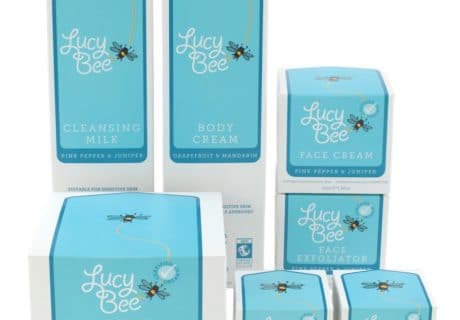With 2018 already behind us, we can now say with some certainty that it was the year of plastic, or to be more precise, of the anti-plastic momentum.
With environmentalists agreeing that the campaign to reduce plastic waste has been the most successful environmental cause to date, at least when it comes to citizen outreach and engagement, we must admit the prospect of achieving a significant reduction on plastic waste is looking rather positive.
Recycling as a strategy to stop plastic invading our oceans and landfills is giving way to straight-up bans on single-use plastic products and interesting innovative ideas to substitute this substance that we have come to rely on so heavily when it comes to packaging.
Policymakers seem to be grasping the uncomfortable truths regarding this material and are starting to take action to tackle the plastic waste problem in a much more definite way. A vote was held in the European Parliament on 24 October to ban single-use plastic items such as plates, cutlery, straws, balloon sticks and cotton buds from 2021 inside the European Union territory.
Policymakers seem to be grasping the uncomfortable truths regarding this material and are starting to take action to tackle the plastic waste problem in a much more definite way
At UK level, a series of more traditional measures were announced during the presentation of the Autumn Budget on 29 October, including: the introduction of a new tax on plastic packaging that contains less than 30% recycled material (set to come into force in April 2022, subject to consultation); a reform to the Packaging Producer Responsibility System; and a £10 million commitment to clear up abandoned waste sites. This follows the unveiling of the Government’s plan to ban the distribution and sale of plastic straws, drinks stirrers and cotton buds, with Defra launching a consultation to seek stakeholders’ views on these proposals.
Businesses which are worried about these changes in the regulatory and policy frame- work surrounding plastic should instead look at these measures as a great opportunity to invest in the next generation of packaging solutions that include edible and biodegradable materials. One thing that is clear is that one of the future trends in the food and drink industry is going to be packaging and how to differentiate yourself via innovative and sustainable ways of wrapping and protecting your products.
After all, companies must understand that when it comes to the new generation of consumers, one key component to a product being successful is finding ways to offer convenience without compromising sustainability.





